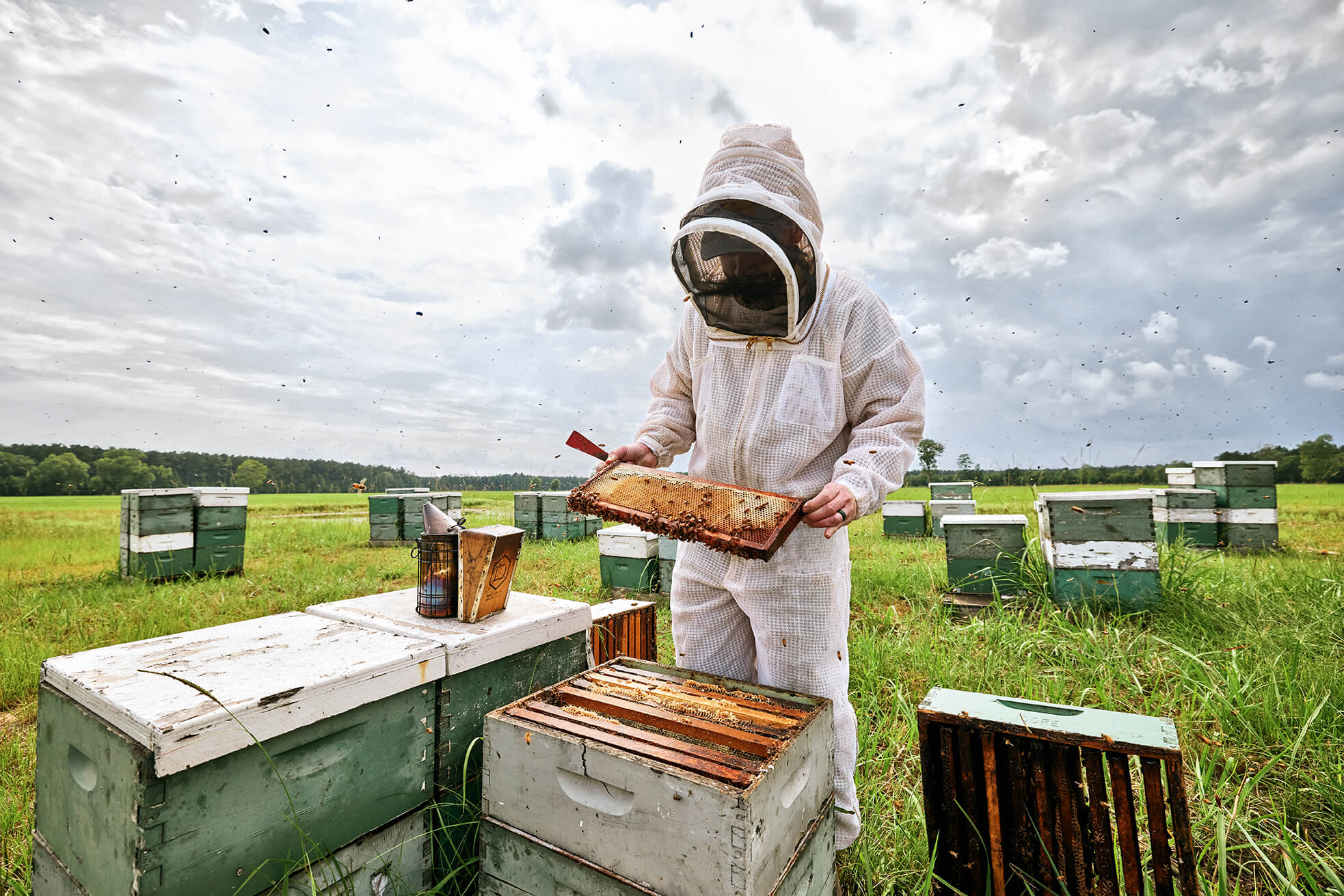Pollinator Awareness Week 2024
Beekeeping
Happy Pollinator Awareness Week!
Every year in June, our team at Local Hive takes some time to appreciate and spread the good word about our pollinators — both insect and human.
Most people are aware that bees are pollinators, but humans play an important role, too. If a human brushes up against wildflowers while frolicking through meadow like Maria Rainer, they're a pollinator.
If you want to support pollinators, you can also plant a pollinator-friendly backyard and purchase 100% U.S. honey made by American beekeepers.
Because, if a human cares for millions of honey bees that they've strategically placed on a stretch of land packed with wildflowers, they're definitely a pollinator.
American beekeepers are some of the most important pollinators anywhere.
Although the impact of bees is often exaggerated — they aren’t behind every third bite of our food, and humanity's survival isn’t solely dependent on them — they and other pollinators are vital for many ecosystems.
Three out of four crops across the globe producing fruits or seeds for human use as food depend, at least in part, on pollinators. – Food and Agriculture Organization of the U.N.
Discover more in our blog: Exactly How Much Do We Need Bees?
Pollinators like wild bees, butterflies, wasps, and amphibians are crucial for the growth of wildflowers, which are integral to the food web. Herbivores need their sustenance too!
But managed honey bees — the kind that depend on beekeepers — are the ones who pollinate many of our beloved fruits, vegetables, and nuts.
Consider almonds. California alone produces around 80% of the global almond supply, spanning over a million acres. Wild bees can’t manage to visit every one of those almond blossoms, so beekeepers from across the U.S. transport some 2 million hives to California every spring.
For more on the difference between wild and managed bee pollination: The Real Reason We Need Pollinators
